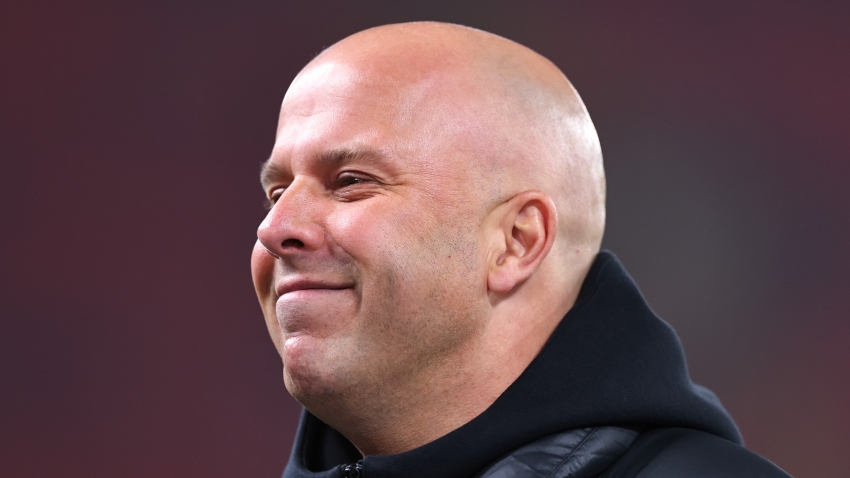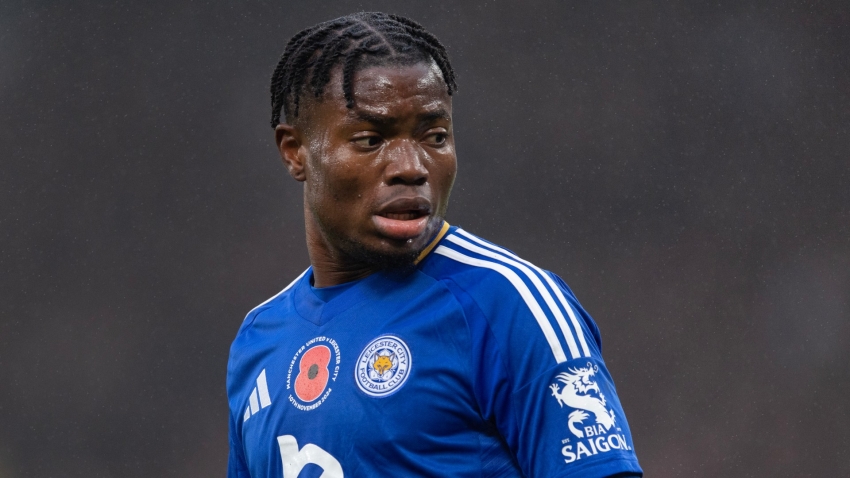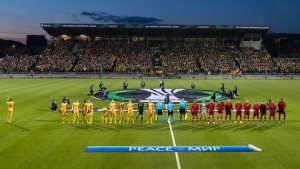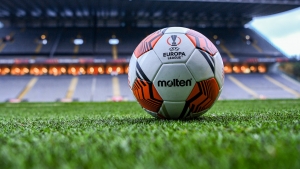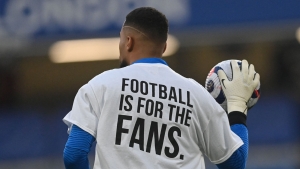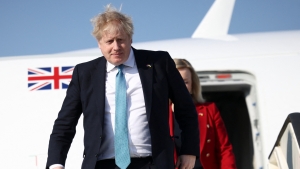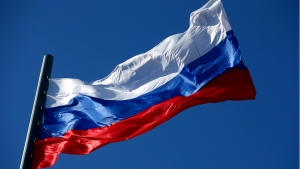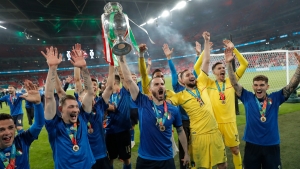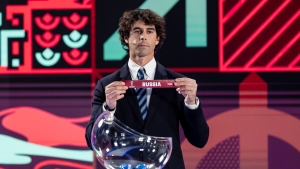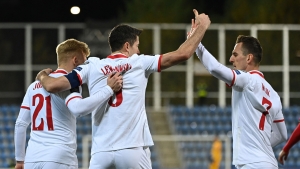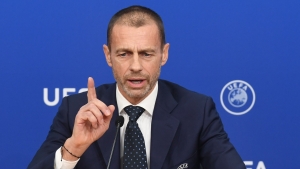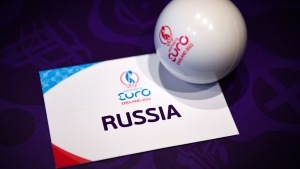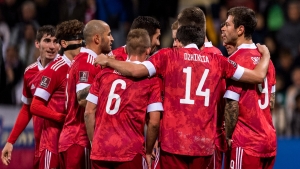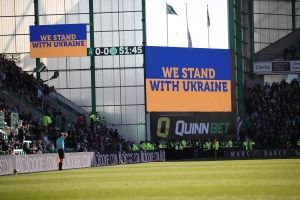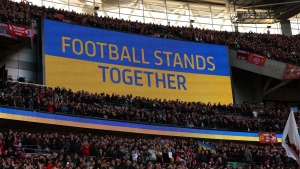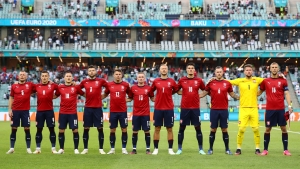Clubs across Europe face renewed scrutiny of their spending on wages, transfers and agent fees after UEFA announced an overhaul of its financial fair play system.
UEFA's executive committee approved new club licensing and financial sustainability regulations at its meeting in Nyon as the first major reform since financial regulations were imposed in 2010.
The alterations focus on "solvency, stability and cost control" to promote financial sustainability, with the "squad cost" regulations – which come into place from June 2022 – limiting the spending of clubs.
Clubs will only be able to spend up to 70 per cent of revenue on wages, transfers and agent fees, with breaches resulting in "pre-defined financial penalties and sporting measures".
UEFA president Aleksander Ceferin said the game, hit hard by the COVID-19 crisis, needed to be prepared in case of "any potential future shock".
In terms of solvency, there will be greater protection for creditors – and punishments for late payers – with no overdue payables towards football clubs, employees, social and tax authorities and UEFA.
UEFA revealed further changes to the previous financial fair play (FFP) rulings, with football earnings – similar to break-even results – allowed to show an increased "deviation" from the previously permitted €30million over three years to €60m over the same time period. That is to aid the balance sheets of clubs, ensure the fair value of transactions and to reduce debts, UEFA said.
UEFA's FFP chief Philippe Rasmussen said in a news conference there was an additional €10million allowance in this area "for clubs that are in good financial health".
Ceferin said on Thursday: "UEFA's first financial regulations, introduced in 2010, served its primary purpose. They helped pull European football finances back from the brink and revolutionised how European football clubs are run.
"However, the evolution of the football industry, alongside the inevitable financial effects of the pandemic, has shown the need for wholesale reform and new financial sustainability regulations.
"UEFA has worked together with its stakeholders across European football to develop these new measures to help the clubs to address these new challenges.
"These regulations will help us protect the game and prepare it for any potential future shock while encouraging rational investments and building a more sustainable future for the game."









